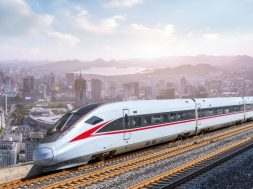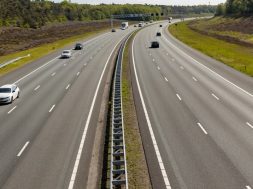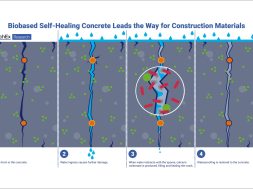AI BIM
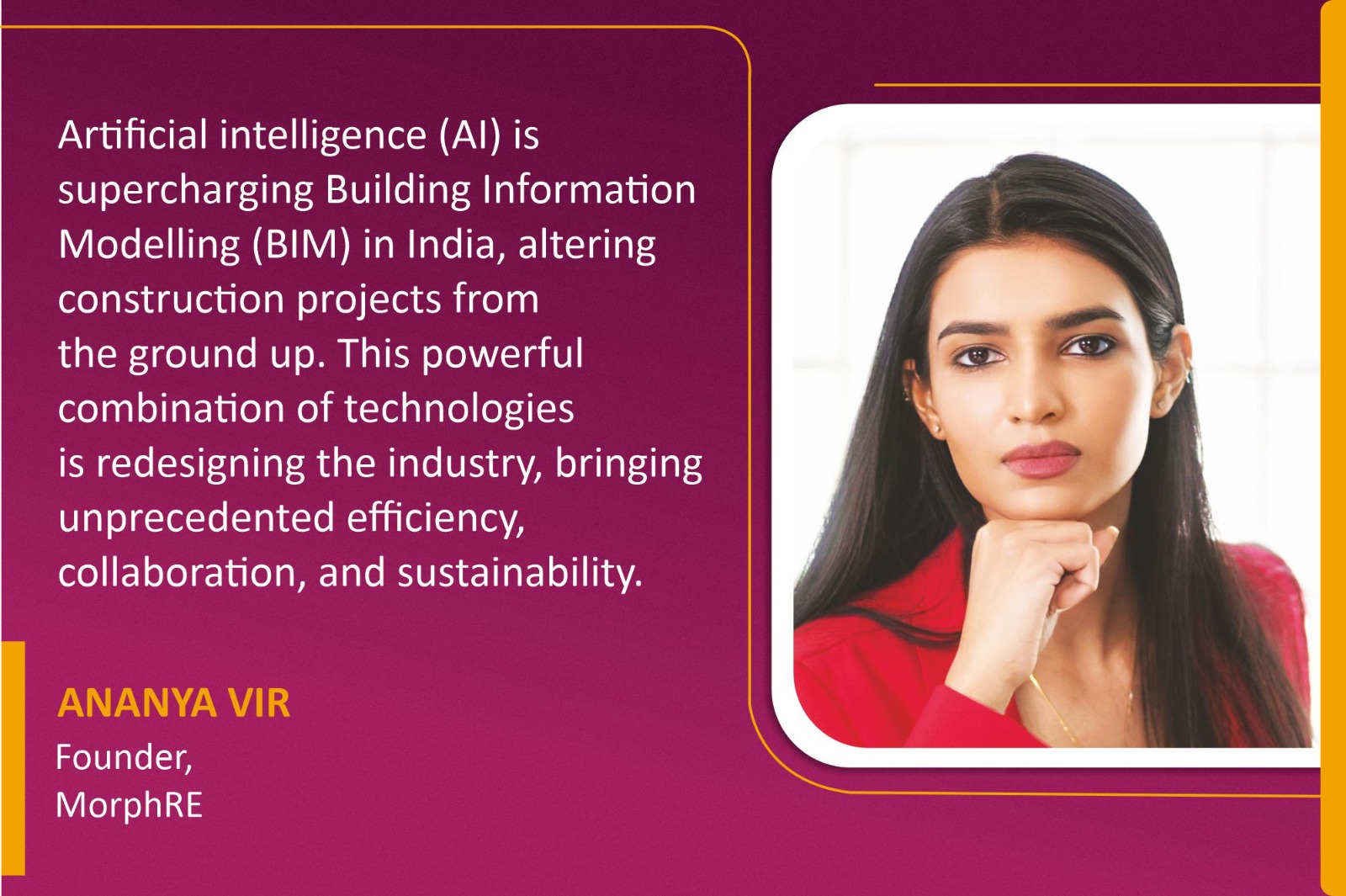
“Artificial intelligence (AI) is supercharging Building Information Modelling (BIM) in India, altering construction projects from the ground up. This powerful combination of technologies is redesigning the industry, bringing unprecedented efficiency, collaboration, and sustainability.” Ananya Vir, Founder, MorphRE.
AI-powered BIM fosters better cooperation and communication among project stakeholders. Architects, engineers, and contractors can easily access and share information with one another thanks to a centralised BIM model that is improved with AI characteristics. Additionally, AI creates captivating 3D visuals that facilitate stakeholder buy-in and collaboration. These sophisticated visualisation tools facilitate the communication of intricate design concepts and let teams and clients provide insightful feedback. Construction project productivity is greatly increased, and expenses are decreased using AI in BIM. AI enables quicker project completion by automating tedious operations and optimising procedures. The reduced errors, reduced rework, and optimised resource allocation result in significant cost reductions.
Modern construction must address sustainability, and AI-powered BIM is leading the way in advancing green building techniques. AI can analyse BIM models to evaluate energy efficiency and suggest enhancements for sustainable design. As a result, energy-efficient buildings are constructed, lowering their initial cost, ongoing expenses, and environmental effects. Integrating human density heat mapping into BIM workflows is one novel breakthrough. By employing this strategy, urban planners can create city layouts that are more responsive and efficient. By carefully placing residential, business, and recreational zones depending on population density, they can lower commuting lengths and energy usage.
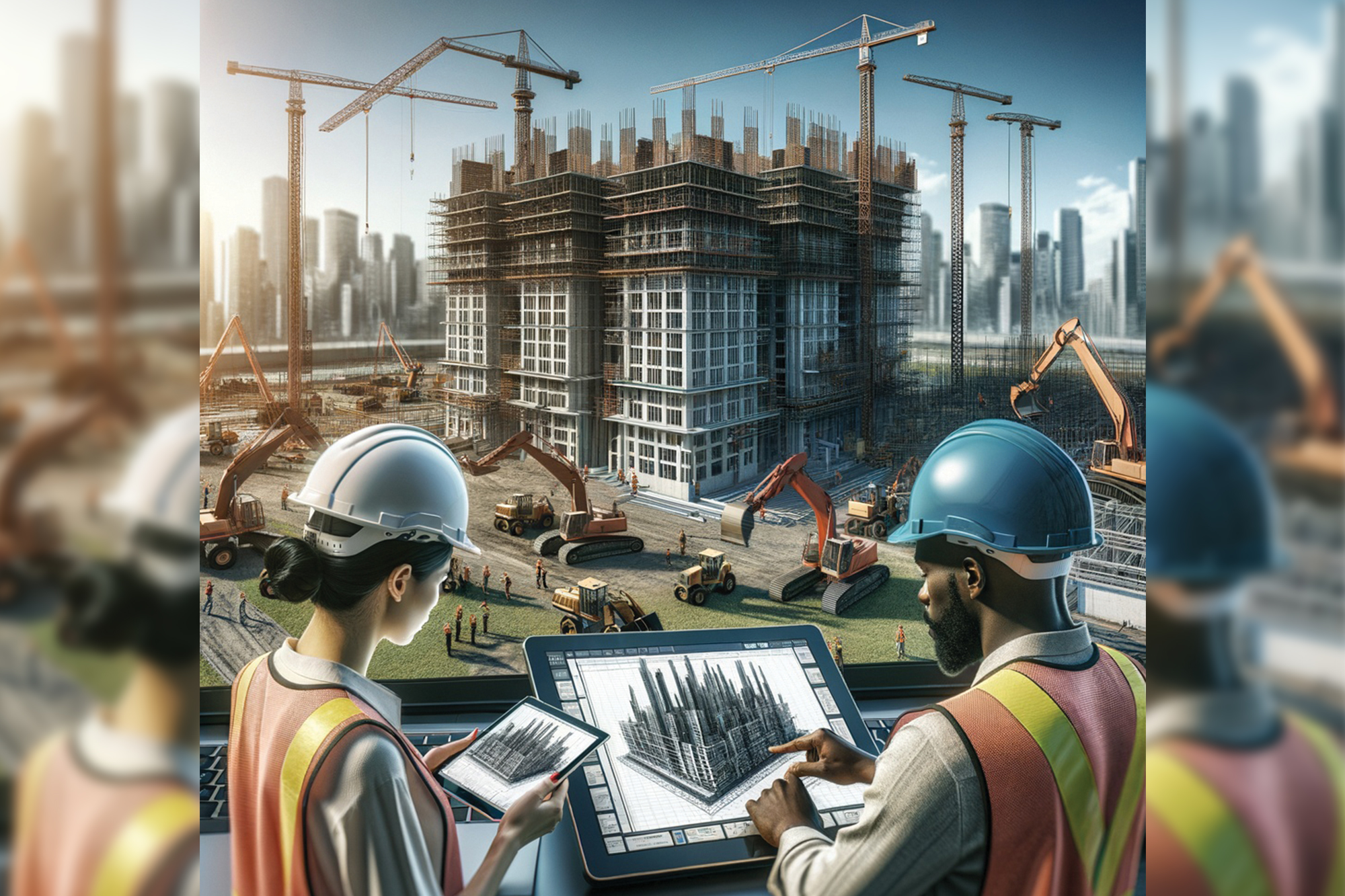
When BIM and AI are combined, real-time data can mimic traffic flow patterns, improving road networks and easing congestion. By increasing mobility and reducing vehicle emissions, this improvement greatly enhances the air quality. Similarly, BIM can forecast and simulate energy usage in infrastructure projects and buildings. Artificial intelligence (AI) algorithms evaluate environmental variables and historical data to maximise energy efficiency through smart building design and operational tactics. By incorporating ecological data such as water availability, solar exposure, and wind patterns, BIM can be used to manage natural resources. Green areas, renewable energy installations, and sustainable water management systems may all be designed within urban development using AI-powered data. This all-encompassing strategy guarantees effective and ecologically responsible urban development, opening the door for more intelligent and sustainable cities ready to meet ESG targets.
The transition to AI-driven BIM in India is not without its challenges. It requires a cultural shift in the industry, workforce upskilling, and significant initial investments, especially for smaller construction companies. The effectiveness of AI is heavily reliant on accurate data, and ethical concerns like bias and data security must be addressed. However, India is showing promise with initiatives like India AI and the India BIM Association’s efforts in education and upskilling. By overcoming these challenges, India can lead in AI-powered construction, fostering sustainable building and smart city development. The potential for growth and advancement in urban quality of life is immense, making this an exciting time for the industry.
For more details, visit: https://morphre.com/
Cookie Consent
We use cookies to personalize your experience. By continuing to visit this website you agree to our Terms & Conditions, Privacy Policy and Cookie Policy.

